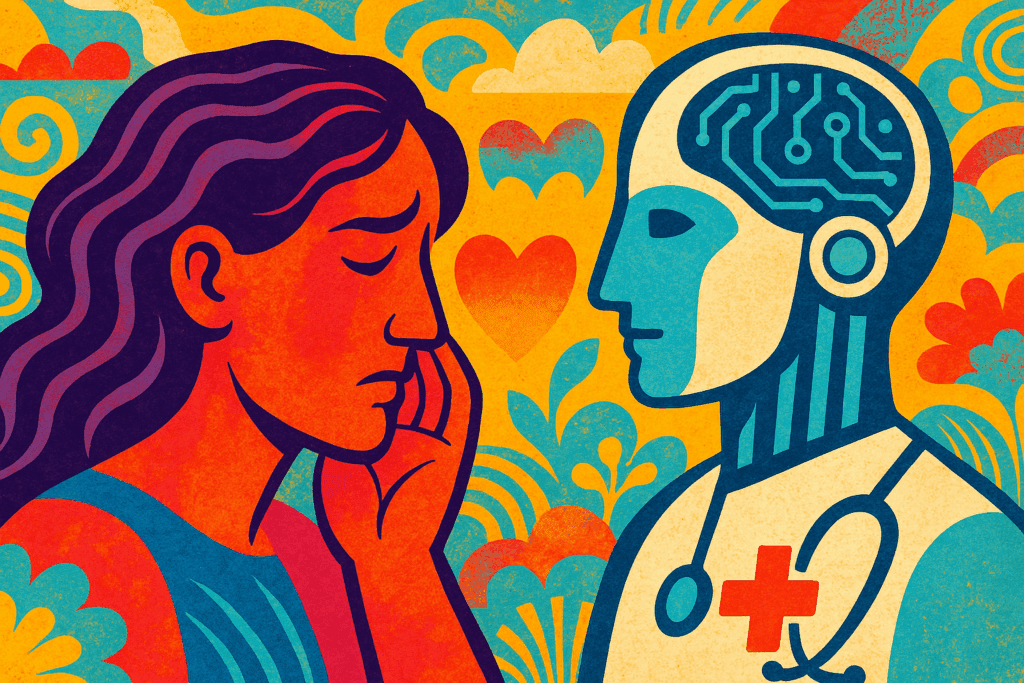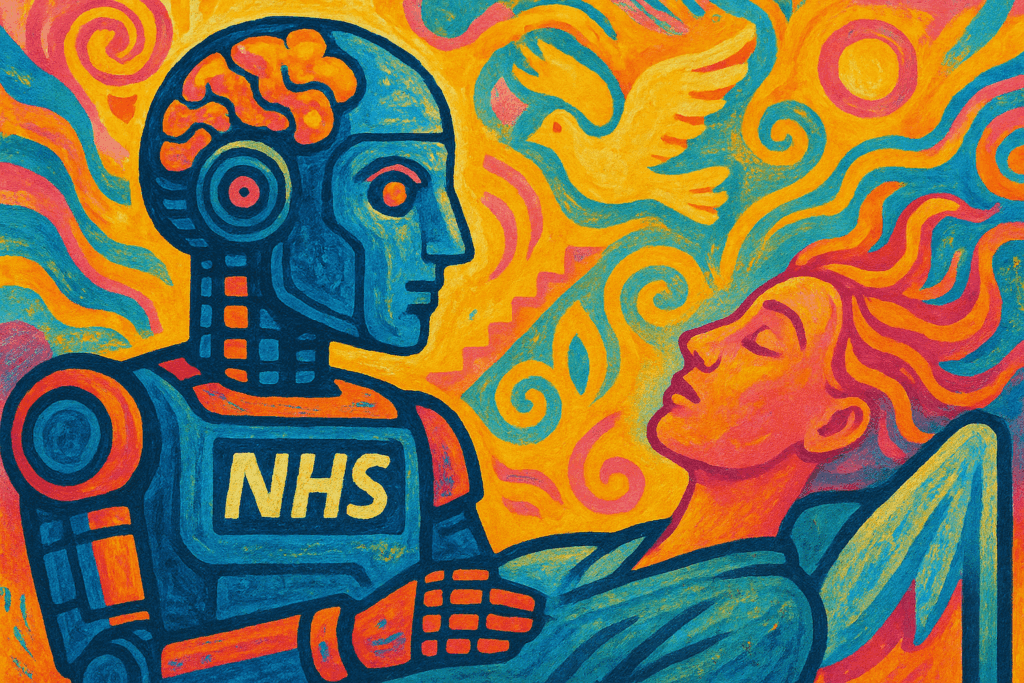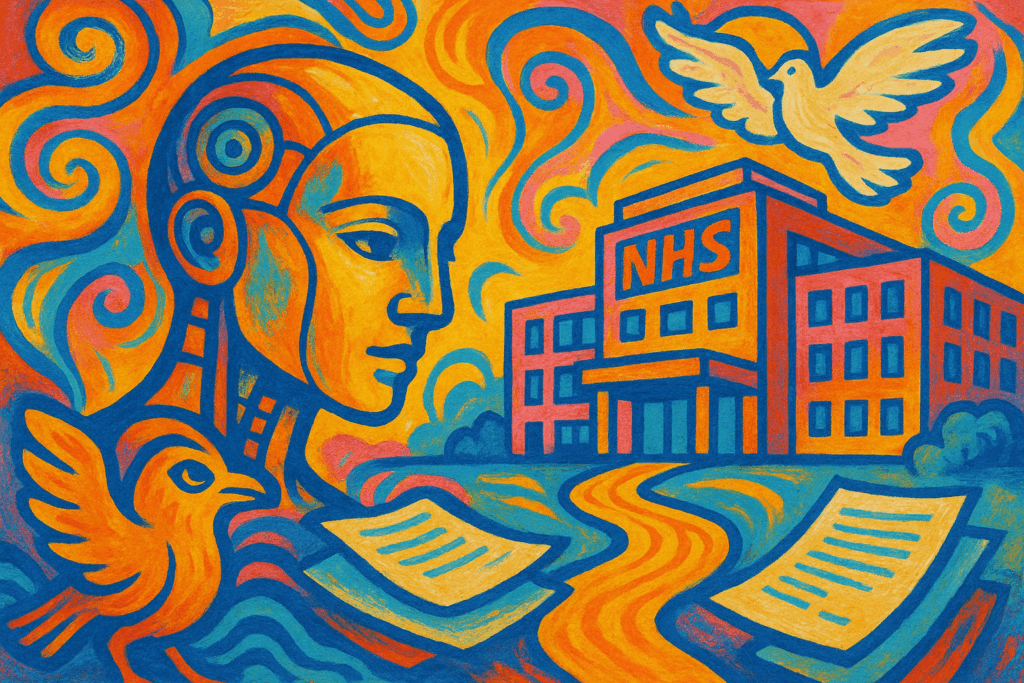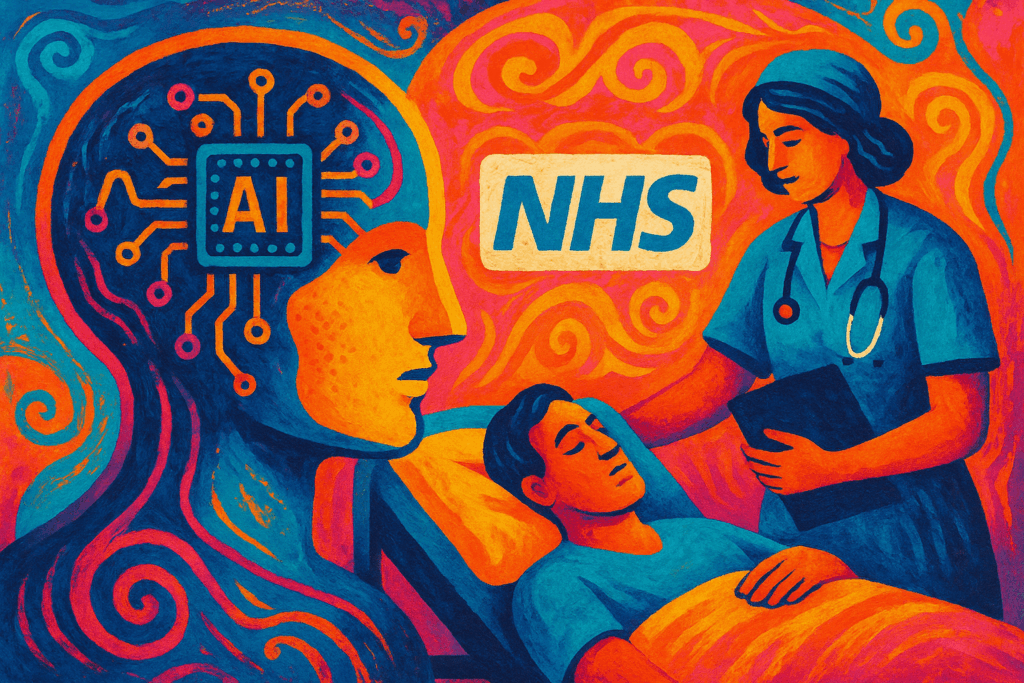AI’s Promise vs. The Real-World Impact
Efficiency’s Allure
Artificial intelligence offers impressive capabilities in healthcare, from streamlining documentation with AI scribes to providing diagnostic assistance and predictive analytics. These technologies aim to relieve clinicians from routine tasks, allowing them to focus on more complex decision-making and potentially improving workflow and outcomes.
The Erosion of Connection
However, the lean toward efficiency often comes with unintended consequences. When physicians rely heavily on AI transcription tools, they may miss subtle patient cues that are difficult to quantify—such as tone, eye contact, and emotional expressions. Patients might begin to adjust their narratives, tailoring their stories to fit algorithm-friendly inputs rather than share their full experiences. Over time, this dynamic risks dulling clinicians’ listening skills and critical clinical reasoning, altering the depth and authenticity of the patient encounter.
Beyond the Algorithms: Systemic Challenges
Bias and Profit Motives
AI systems reflect the data used to train them. Many healthcare datasets carry embedded biases linked to race, gender, socioeconomic status, and other factors. As a result, AI tools can perpetuate and even intensify these disparities, leading to misdiagnosis or unequal care. Moreover, the business model dominating healthcare often prioritizes profit extraction. AI, rather than exclusively serving patient interests, can become a mechanism for surveillance, cost-cutting, or rationing care, sometimes at the expense of patient well-being.
Reclaiming the Art of Care
A Call for Human-Centered AI
The core of genuine medical care lies in human connection and empathy. It involves attentive listening, understanding individual stories, and responding flexibly to complex needs. AI’s role should be to support, not replace, these relational qualities. This requires designing and applying AI within systems that prioritize patient dignity, equity, and collective welfare over rigid standardization or profit margins. By consciously addressing these challenges, healthcare can harness AI’s benefits while protecting the human essence essential for healing.




